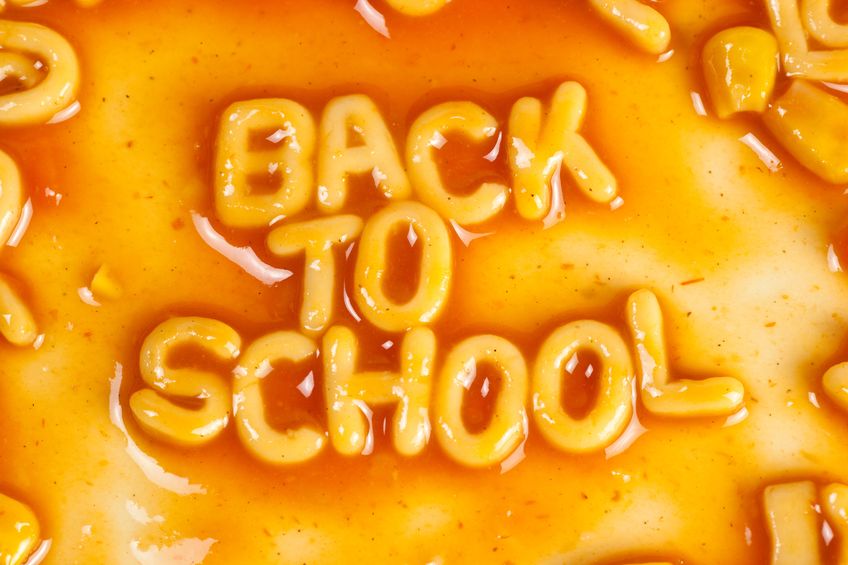Starting school or heading back to school can be a stressful time for both parents and students, and even more so when food allergies need to be considered.
In order for children with food allergies to successfully manage their allergies, it’s important for parents to be involved in preparing their child with the knowledge, tools and confidence needed to take control of their own safety at school.
Here are some of tips on how to prepare children with food allergies for school:
1. Teach your child about their allergens
Your child needs to know what they are allergic to and be able to visibly recognize what their allergens are in order to avoid it. Show them pictures and give them examples of what kinds of foods most likely contain their allergens.
At a minimum, your child should be able to list their food allergies.
2. Ensure your child can recognize signs of allergic reactions and know what to do about it
Talk to them about the different medications they have access to and what it is used for (epinephrine autoinjector, asthma inhaler, antihistamines)
Most importantly, they need to know that if they are having an allergic reaction, they need to tell a responsible adult immediately.
3. Establish age appropriate rules for your child.
Younger children may have a simple set of rules. An older child should start to take more responsibility for their allergies. Some rules you may want to consider enforcing are:
- Wash or wipe hands before and after eating (not hand sanitizer)
- Do not share foods or take food from others.
- Do not share utensils, food containers or straws with classmates.
- Read food labels and avoid any foods with precautionary warnings, such as “may contain”
- Do not eat food that is not labelled
- Always carry an epinephrine auto-injector, or know where they are stored in the classroom
- Wear medical identification
- List safe foods to buy for school lunches (if any exist)
4. Make sure your child is not afraid of their allergens
Emphasize that it’s important not to consume or touch foods they are allergic to, but when it’s age appropriate, help your child understand that it’s normal for most other people to consume their allergens regularly, and that they don’t need to avoid these people.
“We’ve taught our 8 year old dairy-allergic child that if he notices one of his friends eating cheese or drinking milk, that it’s okay for him to politely ask them to wash or wipe their hands or before going out to play. This way he takes control and doesn’t feel isolated because of his food allergies.”
-Susan, New Jersey
5. Have regular discussions with your child.
Check in with your child regularly to understand how they feel at school and whether they are experiencing any fear or anxiety.
Make sure your child understands what bullying is and that they need to inform an adult who can intervene if they are being victimized. In some instances, children with food allergies have been taunted by others using allergens, by being touched with known allergens, contaminating their food, or throwing the allergen at them. Help your child understand that these behaviors are not acceptable, and shouldn’t be tolerated.
We wish your family a safe and productive school year.





COMMENTS